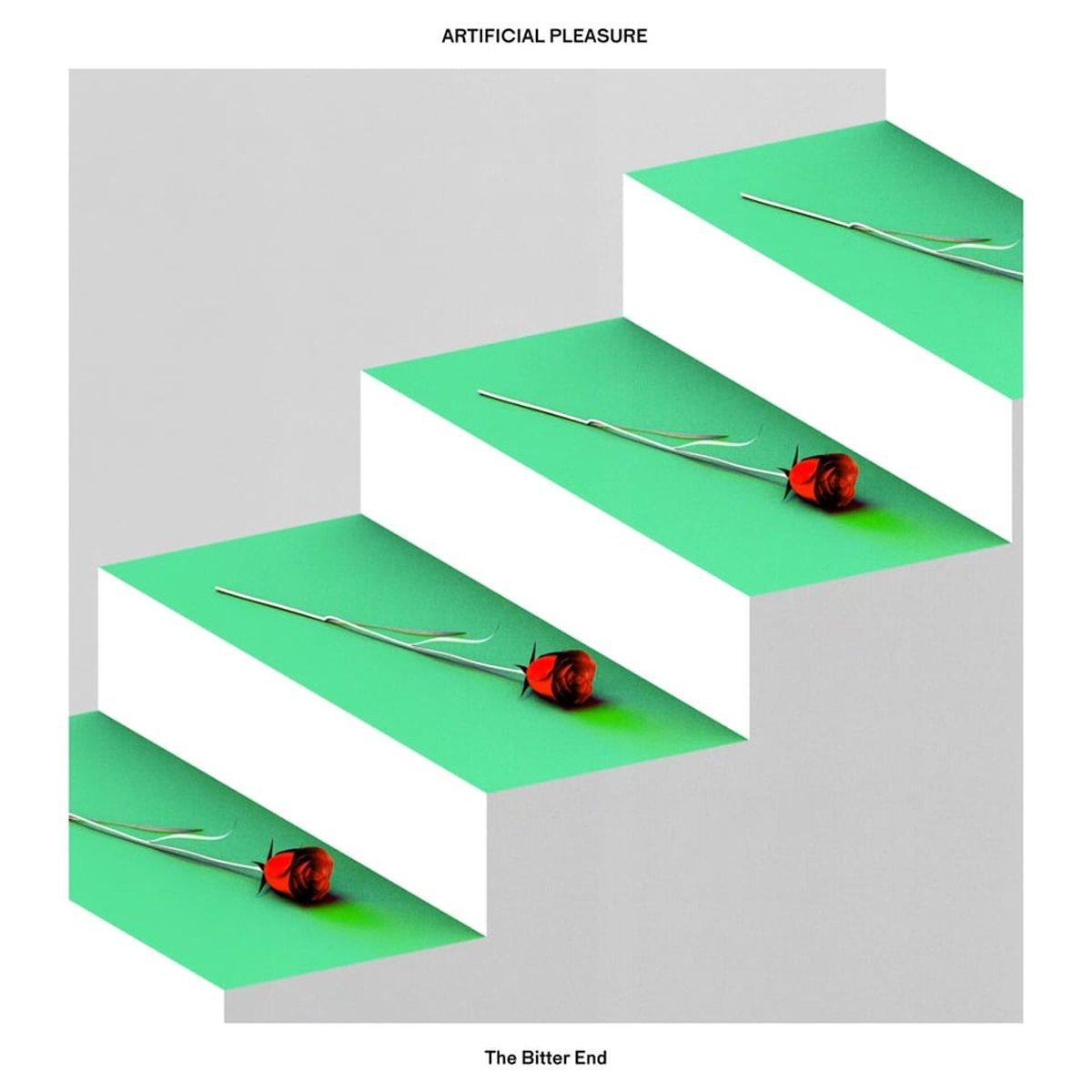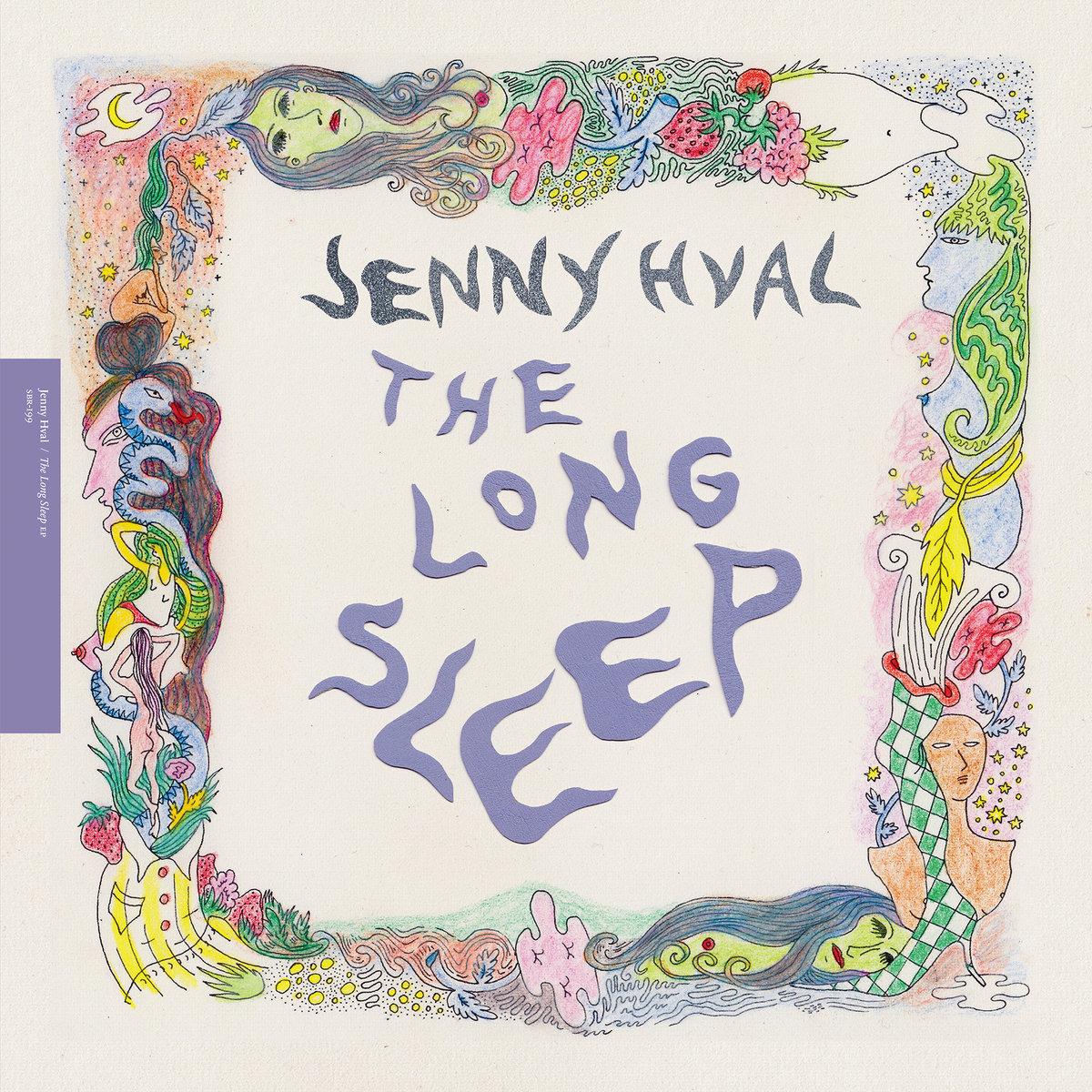Album reviews: Chvrches 'Love Is Dead', Snow Patrol 'Wildness' and more
Also this week: Artificial Pleasure revel in the hedonism of escape, and Korn’s Jonathan Davis makes an about-turn on a new solo project

Chvrches, Love Is Dead
Download this: Never Say Die, Graves, Graffiti, Get Out
★★★★★
Throughout Chvrches’ seven-year career, the Scottish synth-pop band has juxtaposed darkness and light in their music. On Love Is Dead, Lauren Mayberry, Iain Cook and Martin Doherty examine these two sides – weighted by the political climate and underlying melancholy plaguing the world.
But beneath the heavier aspects of the record is an acute observation of hope and love when faced with an existential crisis. Instead of homing in directly on her own heartbreak like she has in the past, singer Lauren Mayberry narrates for a wider audience. It’s unsurprising: the band has expanded its fan base dramatically since the release of their debut LP. But Mayberry – who has been an unrelenting voice against sexism in the music industry – continues to use her perspective and platform to dismantle problematic behaviour.

The band’s latest release instead explores overarching concepts that are seemingly relatable to everyone. Love Is Dead feels more conceptual than 2013’s The Bones of What You Believe and 2015’s Every Open Eye. It’s not an overtly political album, but the undertones are undeniable. Chvrches, however, don’t purely focus their energy there: instead they use those challenges to propel them into searching for strength and human connection.
The stellar lead single, “Get Out”, a cinematic blend of synth and the craving for a great escape, and opener “Graffiti” stem from a similar space, as Mayberry wistfully muses about the crushing effect of time. “Wrote our names along the bathroom walls, graffitiing our hearts across the stalls,” Mayberry croons. “I’ve been waiting for my whole life to grow old and now we never will.”
“Never Say Die”, a standout on the album, parallels All We Know Is Falling-era Paramore, clad with its dark pop-punk ethos and disillusionment of the world. “I feel like I’m falling but I’m trying to fly, where does all the good go?” Mayberry desperately pleas on “Miracle”, returning to the larger theme of dark versus light on the record.
“Deliverance” pays homage to Depeche Mode and The Cure while questioning religion. “They’re leaving bodies in stairwells and washing up on the shore/You can look away while they’re dancing on our graves/If you don’t have a heart I can offer you mine,” Mayberry lilts on “Graves”, grazing the maddening state of humanity but also meditating on small moments of happiness.
The singer approaches the politics of sexism, as someone who has long endured it, head-on in the ethereal “Heaven/Hell”: “Is it right if I’m a perfect actress/Playing the princess in distress?/Is it alright if I save myself and/If I clean up my own mess?/Is it enough yet, ’cause I’ve had enough?”
Mayberry has, in fact, had enough – she’s expressed as much over the years long before Time’s Up or the #MeToo movement started. Since then, she’s taken things on that have forced her to grow up: something the record does in embracing the dichotomy of hope and fear.
The perspective Mayberry has found is care of growing up during a time when people she had never met were trying to tear her down. She found strength and fought back. Love Is Dead continues to ask questions of the world, but realises they’re not always black and white, or in Chvrches case, light or dark. Ilana Kaplan
Snow Patrol, Wildness
★★☆☆☆
Download this: What If This Is All The Love You Ever Get, Soon
Snow Patrol decided before crafting their first album in seven years that their next one had to be drastically different from their older releases. Their latest record Wildness is indeed different – but it doesn’t make it better.
The 10-track record channels the ethos of John Mayer’s Born and Raised: an attempt to sound authentic about personal topics such as vocalist Gary Lightbody quitting drinking and the importance of holding on to memories after watching his father lose his memory to dementia.
With the initial release of Songs for Polarbears, Snow Patrol were revered as an indie band, but their music eventually translated into commercial recognition. Wildness is an attempt to return to form, but it’s an unsuccessful one.
“Don’t Give In” ineffectively attempts to be raw with chorus lyrics: “Don’t give in/Don’t you dare quit so easy.” The band experiments with bizarre time changes on the haphazard “A Dark Switch”, which feels like a misstep. However one bright spot on a record full of inconsistencies is “What If This Is All The Love You Ever Get” as a simple ballad original Snow Patrol fans will probably enjoy. Ilana Kaplan
Dear Nora, Skulls Example
★★★★☆
Download this: Skulls Example, Sunset on Humanity, Morning Glories, Creature of Habit
As Dear Nora’s first album in 10 years, Skulls Example continues to examine vocalist Katy Davidson’s fascination with topics like humanity, technology, late capitalism and love.
Davidson – who has been working as a commercial music producer full-time for the past three years – decided a return to the indie-pop project was imminent after Trump got elected. Despite the lack of sustainability she saw as an artist nearly two decades ago, she needed to take a stand against capitalism.
The band’s latest effort seems to pick up where Davidson’s 2011 solo record California Lite under the moniker Key Losers left off with an examination of the intersection between technology and human connection. Lyrical references to 2018 vernacular like “drop a pin” or “sponsored by PT Cruiser” take aim at how dependent our society is on technology and branding.
Lead single “Sunset on Humanity” features Davidson crooning frankly about how she sees the world from an oversaturated commercial perspective, while “Morning Glories” is a delicate, finger-plucked track about the beauty of nature. On Dear Nora’s latest LP, Davidson aptly and gorgeously narrates the need for love in a world that has been set on fire. Ilana Kaplan
Artificial Pleasure, The Bitter End

★★★★☆
Download this: Bolt From The Blue, I’ll Make It Worth Your While
Artificial Pleasure specialise in artpop that doesn’t alienate the listener, and with their debut album, The Bitter End, they’ve created something rather special that should, hopefully, grow an already-budding cult following that has only been bolstered by the band’s splendid live shows.
Born out of four members from punk-funk band Night Engine, this project is a superb blend of electronic and classic Eighties pop influences; that also incorporates elements of punk rock in all its leather-bound energy.
The album explodes with opener “I Need Something More”, wasting no time to get into the swing of things, a pulsating guitar riff reminiscent of Kurt Cobain’s take on “The Man Who Sold The World” – harsher and more immediate than Bowie’s soft intro.
There’s no other way to describe “Bolt from the Blue” but “strut” – that’s what it does; a slow, slinky sashay around your eardrums with a lustful vocal delivery akin to Joe Strummer on “Should I Stay or Should I Go”. On “People Get Everywhere” the band sample computer-glitchy sounds but place them over a classic rock riff – it’s perfect.
The Bitter End captures a sense of hedonism and sexual expression that isn’t explored enough in current pop music; relishing in the camp of the spaghetti western-style “Turn To Dust”, or throwing shapes “On a Saturday Night”, where the freewheeling yet wry tones hark back to the mood of JJ Cale and Eric Clapton on “Cocaine”.
“Let me out – I really wanna dance” they shout on “I’ll Make It Worth Your While”, with a bass line that thrums along the lyric and pulls the listener into its hectic, dazzling party that allows for a moment’s escapism – in the claustrophobia of a big city. Roisin O’Connor
Jenny Hval, The Long Sleep

★★★★☆
Download this: Spells, The Dreamer Is Everyone In Her Dream
Norwegian avant-gardist Jenny Hval has an insatiably curious mind. She’s concerned with addressing life’s questions more than providing answers.
On The Long Sleep EP, the follow-up to 2016’s Nordic Music Prize-winning album Blood Bitch, Hval traverses the arenas of life, death and rebirth in an ironically short burst of 23 minutes. Few artists can stretch the mind to such effect.
On Blood Bitch there were confessions of desire (“The Great Undressing”). On her fifth album, 2015’s Apocalypse, girl, feminism was writ large on “Kingsize” (“Think big, girl/Like a king”). But The Long Sleep is more concerned with the lifecycle, the existential, and, in parts, is more sonically expansive.
Hval’s enlisting of celebrated jazz musicians for the record makes for a free-flowing, sedative listen throughout. EP opener “Spells” awakens slowly with each instrument coming to: a cascading piano trickles into life, brass instruments hum, and a Nineties baggy beat bounces in. “You will not be awake for long/We’ll meet in the smallest, great unknown,” Hval sings with a mellifluous falsetto at its sky-scraping chorus. “Spells” denotes the exciting beginnings of life. In typically contrary style, however, Hval also notes its futility, deadpanning: “Exercising everything by typing into nothing.” Is there ultimately more life in death?
“The Dreamer Is Everyone In Her Dream” borrows the piano of “Spells” but turns it into a lullaby. Here, Hval likens a broken person to a disco ball, capable of emitting light despite the darkness lurking beneath. A dreamlike state is born of a 10-minute meditation on “The Long Sleep” before death – or rebirth – arrives at “I Want To Tell You Something.” Hval ponders: “There should be something I could say directly without lyrics and melody.” As with the closing line in “The Great Undressing”, she opts for “I love you”. Maybe in the madness of life and the long sleep that follows, love is all that matters. Charlotte Krol
Jonathan Davis, Black Labyrinth

★★★☆☆
Download this: What It Is, Final Days, What You Believe
Being the frontman of nu-metal trailblazers Korn for the past 25 years hasn’t worn Jonathan Davis out. With millions of worldwide record sales, countless sellout tours and Grammys to boot, you’d be forgiven for thinking it was time to, well, call time. But not for the 47-year-old California native. A relentless tour schedule with Korn threatened to keep his debut solo album, written on the road 10 years ago, in perpetual postponement. Until now.
Korn fans thirsty for a rehashing of past material be warned: Black Labyrinth is quite the about-turn. Sure, Davis’s signature growl remains intact, but instead here is a meshing of metal and world music, of crunching alt-rock, even the odd, zippy guitar and indie disco beat. Instruments from India, Japan and the Middle East feature heavily on the record – especially on “Final Days”. It’s a trippy four minutes of syncopated tabla beats, richly layered with eerie flutters of what sounds like Arabic ney flute. Elsewhere, darting sitar gracefully mimics Davis’s singing.
Davis’s knuckle-white guitars, like his growling vocals, are still prominent even if his supporting cast is altered. “Everyone” is pleasingly ferocious – all glottal screams and acrobatic power chords – as is the unnerving fuzz stomp hulk of “What You Believe”.
The image of the ever iconoclastic Davis snarling, “I don’t need anyone above to tell me what to do”, is duly burnt to memory as Indian tablas worm their way back in. Not that this always happens so effortlessly. On “Gender”, the drums are lazily shoehorned in. They sit incongruously inside a jarring middle eight on the disappointing “Basic Needs”.
Themes of anguish and otherness are littered in Davis’s frequently cliched lyrics, though some listeners will welcome such lyrical clarity. “I will embrace who I really am,” Davis wails over a chorus of grunting guitars and incendiary drums on lead single “What It Is”. We embrace him too. Charlotte Krol
Join our commenting forum
Join thought-provoking conversations, follow other Independent readers and see their replies
Comments
Bookmark popover
Removed from bookmarks